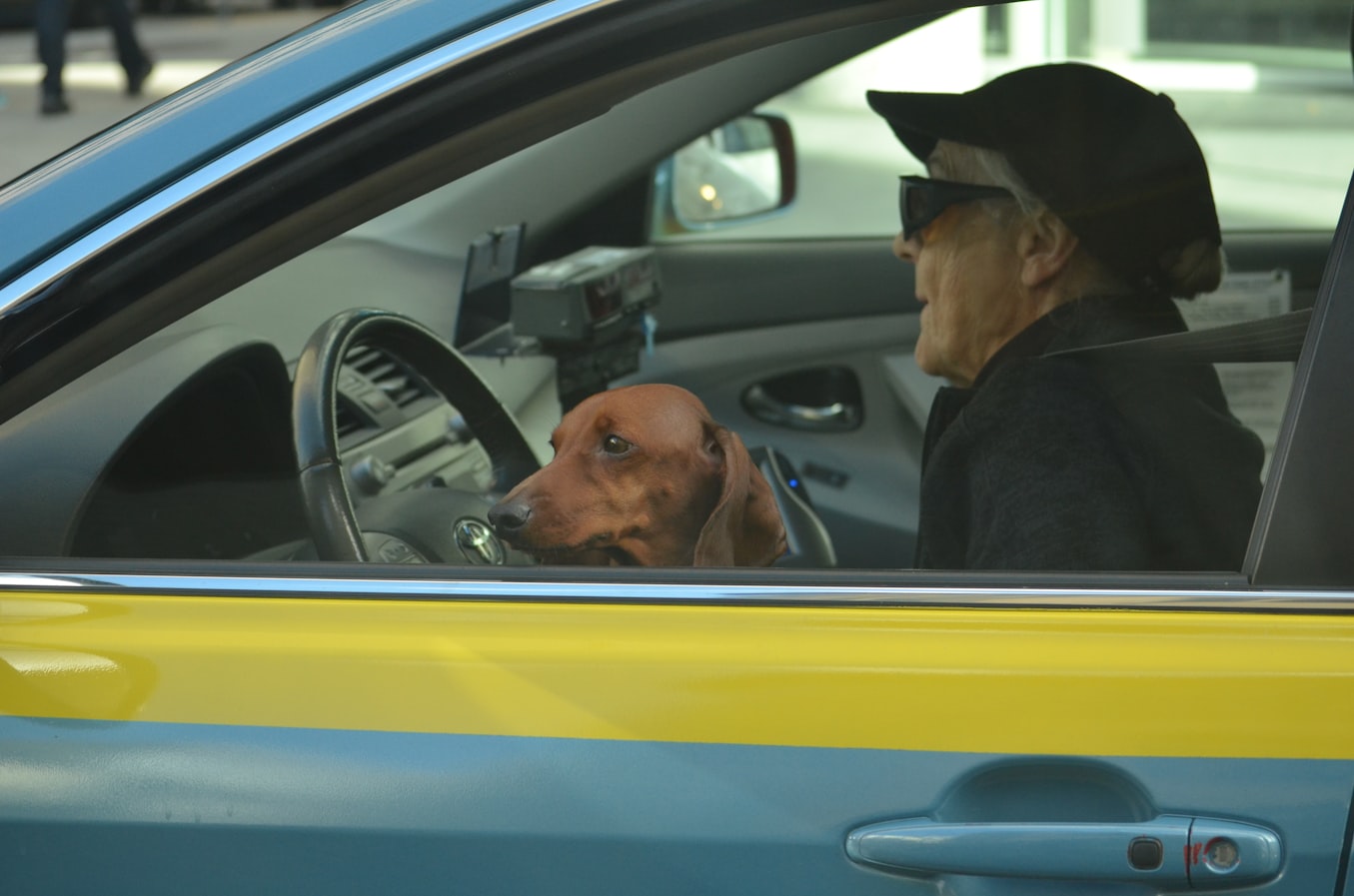The New Face of Grandparenting – Charlotte Today
The New Face of Grandparenting
Grandparents are in the news more than ever today. Some are caregivers, raising their grandkids while others are separated or estranged from them. What’s going on? Has the role of grandparents diminished or is it needed now more than ever?
Separated or Estranged
In a recent survey by the National Association for Grandparenting, many adults (23%) had no memories of their grandparents. They were either deceased before they were born, lived far away, or made no effort to connect.
We can’t do much about the first and distance is no excuse for not connecting, not when you can use tools like Skype, Zoom and Facetime. Even grandparents in the same geographic vicinity may not have a close relationship. Let’s find out more about grandparenting from my segment on Charlotte Today.
Driving with Dementia – The Risks and Legal Implications
 The Legal Implications Of Driving With Dementia
The Legal Implications Of Driving With Dementia
By 2030, 90% of the country’s seniors will still have their driving license, according to Triple A. However, with age often comes a deterioration of health. One in 10 seniors over the age of 65 have Alzheimer’s dementia, reports the Alzheimer’s Association. It’s important that the aging population hold on to their independence and that awareness of dementia is raised. But, what are the legal implications of a dementia patient hitting the road in their car? Driving with dementia is a serious and not widely discussed topic.
Is it legal to drive with dementia?
The good news is that a diagnosis of dementia doesn’t mean it’s the end of the road for your license. The law regarding dementia and driving varies from state to state, with some requiring physicians to notify the Department of Motor Vehicles (DMV) post diagnosis. In my state of North Carolina, under the Driver Medical Evaluation Program, anyone with dementia will be referred to the Division of Motor Vehicles who will review your situation. In some cases, restrictions regarding your speed and times you may drive may be implemented. However, this isn’t anything to worry about is done purely to protect you and other road users.
Dementia, driving & impairment
While driving with dementia isn’t illegal, driving while under the influence of drink or drugs is. As a common symptom of Alzheimer’s is memory loss, the possibility of getting behind the wheel when you’re over the legal limit is high. In all states other than Utah, it is against the law to drive with a blood alcohol concentration of 0.08% or above. Should you find yourself in this situation, it’s essential that you seek the advice of qualified attorney. This leading Gilbert DUI attorney states that in such a case an attorney “will focus on challenging, minimizing, and/or suppressing any alleged evidence against you in order to obtain the best outcome possible.”
Hanging up your keys
As dementia is a progressive disease, you’re unlikely to be deemed a risk on the roads immediately after your diagnosis. It’s a good idea to regularly travel with loved ones and get their opinion regarding whether you’re still a safe driver as they may notice issues that you don’t. But, remember, even when you do stop driving, there are plenty of alternative modes of transport, such as taxis and buses, as well as family and friends, to take you to your weekly classes and to the shops.
Driving with dementia is legal, although, you may need to be evaluated and monitored on your fitness to drive. However, as your condition progresses it’s worth considering alternative modes of transport to ensure you safely arrive at your intended destination.
Caregiver Stress with Joan Braaten – Smilecast 162
Joan was caregiver to her 89-year-old mother. At first, she was resentful and angry. Then she went through a metamorphosis and looked on her journey as one of opportunity and optimism. What can we learn from her caregiving experience? How can we control caregiver stress? Tune in for this heartfelt interview.
Read more about our expert – Joan Braaten
Joan Braaten has a Baccalaureate degree in Healthcare from the University of Mary, Bismarck, ND. She is an Intuitive Life Coach, Reiki Master/Teacher, Pranic Energy Healer and Public Speaker.
Podcast: Play in new window | Download
Subscribe: Apple Podcasts | RSS
Our Friday Song of the Week – Lying Eyes
Our Friday Song of the Week – Lying Eyes
Dementia Action Alliance with Jackie Pinkowicz -Smilecast 161
We often find that people once diagnosed with dementia are written off by society. The work of the Dementia Action Alliance (DAA) is to give an equal voice to those living with dementia in society and in policy making. DAA tools are helping people live well with dementia while advancing person-centered care in the culture.
Read more about our expert – Jackie Pinkowitz
As managing partner of FuturAge and Board Chair of the Dementia Action Alliance, Jackie focuses on enhancing person-centered/directed healthcare, services and living in the aging and disability sectors across home, community and residential settings. Advancing consumer choice and providers’ operational excellence are fundamental values she incorporates in working with national organizations, corporations, and providers across the social services and healthcare sectors.
Podcast: Play in new window | Download
Subscribe: Apple Podcasts | RSS









